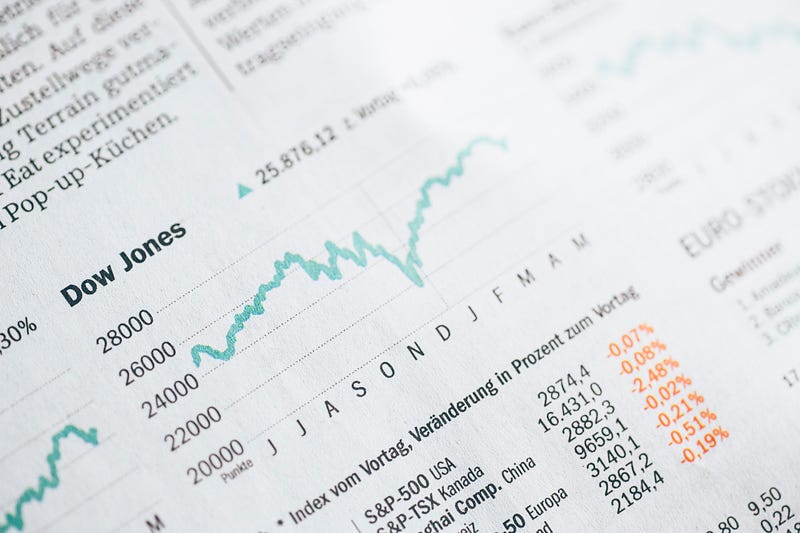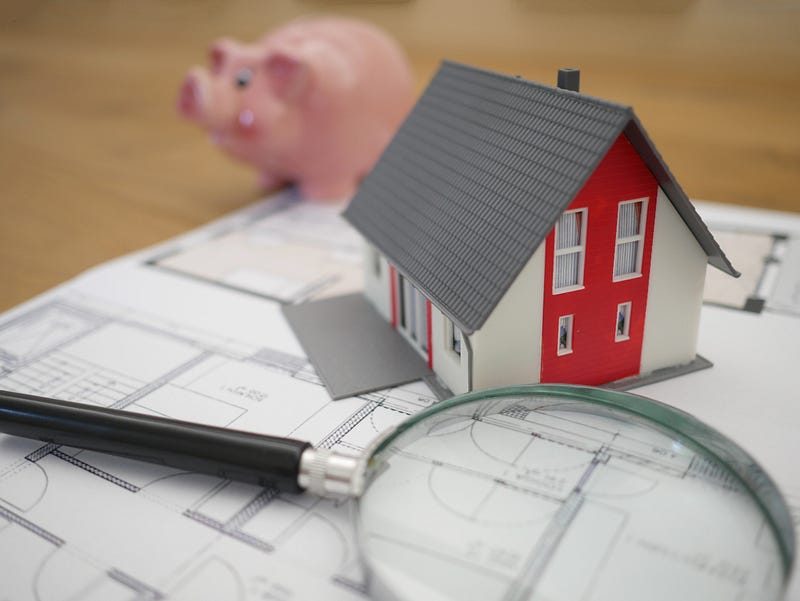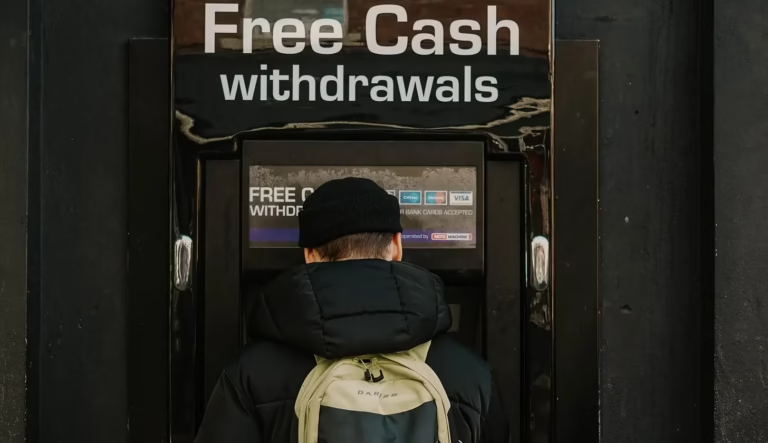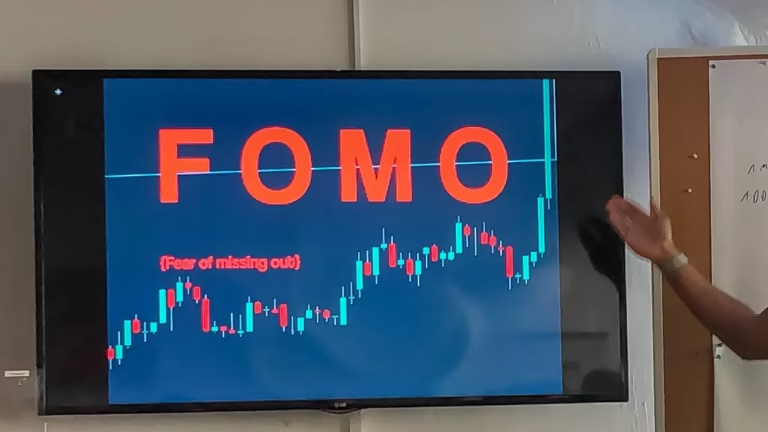Is now the right time to get started investing?
When we look at what’s being reported in the news, what’s happening on social media, what it shows on all kinds of news outlets, the focus seems to be on the economy, increased unemployment, and the future.
When I ask myself how to move forward and try to imagine how life might change in the years to come, I really struggle to create a picture without evidence.
I am wondering what I can do and what others can and should do?
What I find is that the communities I am part of are helpful to determine how to proceed.
I am part of one of those communities filled with people who invest or want to invest in real estate. I have my portfolio of passive income investments — all residential and all single-family houses. I want to keep adding to the collection.
Recently several community members reached out to me and began asking:
“Is now a good time to invest?” “How do I start investing?” “Should I start investing now?” why is the media throwing around the question if now is a great time to start investing?
Let’s look at some options and answers to those questions.
For me, the very first thing that I always aim to discover is this:
“What do you want to accomplish with your investment and how soon?”
Let’s establish the goal and the timeframe to reach it first.
To make all this a little easier, we can follow Amy. She is a program manager in a pharmaceutical company in New Jersey. After college, she started in the marketing department but quickly realized that she wasn’t thrilled with doing this work. Instead, Amy marveled over the overarching aspects of how her company went from an idea a scientist has in a laboratory through clinical trials all the way to manufacturing a drug and help patients get better.
It was quickly apparent that it is the program management office that covers all these parts of the operation of the company. Amy applied, got the job, and began working as an assistant project manager under the mentorship of a senior program leader. He quickly realized Amy’s potential and suggested for her to get her PMI certification.
Fast forward a year. Amy is now leading her own projects and is a valued member of her organization. With that progression came a few promotions and raises. That also included an increasing amount of money that flows into Amy’s 401K account each year. Her company contributes to this plan.
Since COVID19 started, Amy is working from home, but her job has changed little. The 401K plan now has about $90,000.00 accumulated, and it terrified Amy when the stock market crashed in March 2020.
What’s driving her crazy is the disconnect in the news between the increase in the indexes, like the Dow Jones, the NASDAQ, and the S&P 500 compared to the statements of her 401K fund management company. The news makes it sound like the stock market recovered, but her plan is not investing in the indexes and her balance is still a lot lower than it was at the start of the year.
Since Amy started working at her company, she never really paid much attention to investing. She rather followed what the HR folks told her, signed up for the plan, and saw the automatic deductions each month. In the cafeteria, the monitors on the walls often showed the current stock price of the company. Leadership frequently invoked applause at all-hands meetings when the price had increased from one meeting to the next.

When all these fluctuations were showing up in the news each day, Amy, probably for the first time, really wondered if she was doing the right thing with her money. It also occurred to her to wonder if she did enough to prepare for unexpected events. An article she recently saw while waiting for a doctor’s appointment claimed that 40% of American’s couldn’t handle an emergency of $500 or more because of a lack of savings.
Amy smiled inwardly because she has a few thousand dollars in her savings account, but it still perplexed her to read about the study. More importantly, it made her think about her own approach to money and saving, investing, etc.
Is the middle of a pandemic the best time to make changes. How should Amy start investing? Other than the money in her savings account, there isn’t much to use, anyway.
We started chatting in one of the free real estate forums. Amy was surprised to learn how the CARES Act has opened an opportunity to Amy that was not possible before.
Here is what the new rules state:
- Individuals affected by COVID-19 can withdraw up to $100,000 from employer-sponsored retirement accounts like 401(k)s and 403(b)s, as well as personal retirement accounts, such as traditional individual retirement accounts, or a combination of these.
- The 10% penalty will be waived for distributions made in 2020.
- There are no mandatory withholding requirements.
- The distribution can be taxed as income spread evenly over tax years 2020, 2021 and 2022. However, if you can pay back the amount you took out within three years, you can claim a refund on those taxes.
- 401(k) plan participants can now take out 100% of their vested balance (previous rules limited borrowers to 50%) as a loan up to $100,000, and they can delay payments on this loan for up to one year.
What does that mean for Amy?
She realized that she does not want to work forever and would love to have a family at some point. That also means that she needs to have income even when she does not work. Right now that point in time is about 10–12 years into the future.
With the new rules, I suggested for Amy to take $80000 out of her 401K plan and buy 4 well-performing houses. Initially, the rent will pay here about $1000/month after all other expenses, like mortgage, insurance, property tax, reserves, maintenance, property management, and CAPEX are taken care of.
Amy can use these $1000 each month and put the money into an accumulation account, basically a savings account with maximum interest. While she is working and her company she will also add $500/months from her income to this account (this could increase if her income increases).
Approximately every 18 months for the next 10 years, Amy will add another house to her collection.
By the time Amy is ready to have her family, she will have 10–11 houses paying her approximately $3000/month in today’s Dollars.
Is now a good time to start investing? Should you consider investing in real estate?
I leave that up to you to decide. A few things are clearly in your favor:
- Interest rates for mortgages were never lower
- Penalty-free access to money you might have sitting in a retirement account was never easier
- Starting a plan that allows you to reach Economic Independence — the point in time where you no longer have to exchange time for money and can decide to do what you love because you have enough passive income, as Amy will have, is never too early.

In a nutshell — it might be the best time to invest, especially if you are looking at the big picture, the long term, and set a goal that makes you independent.
All you need to do is start — and get some help to avoid mistakes.
_____________________________________________________________________________________
Interested learning about how to start investing? Download your free mindset manual





